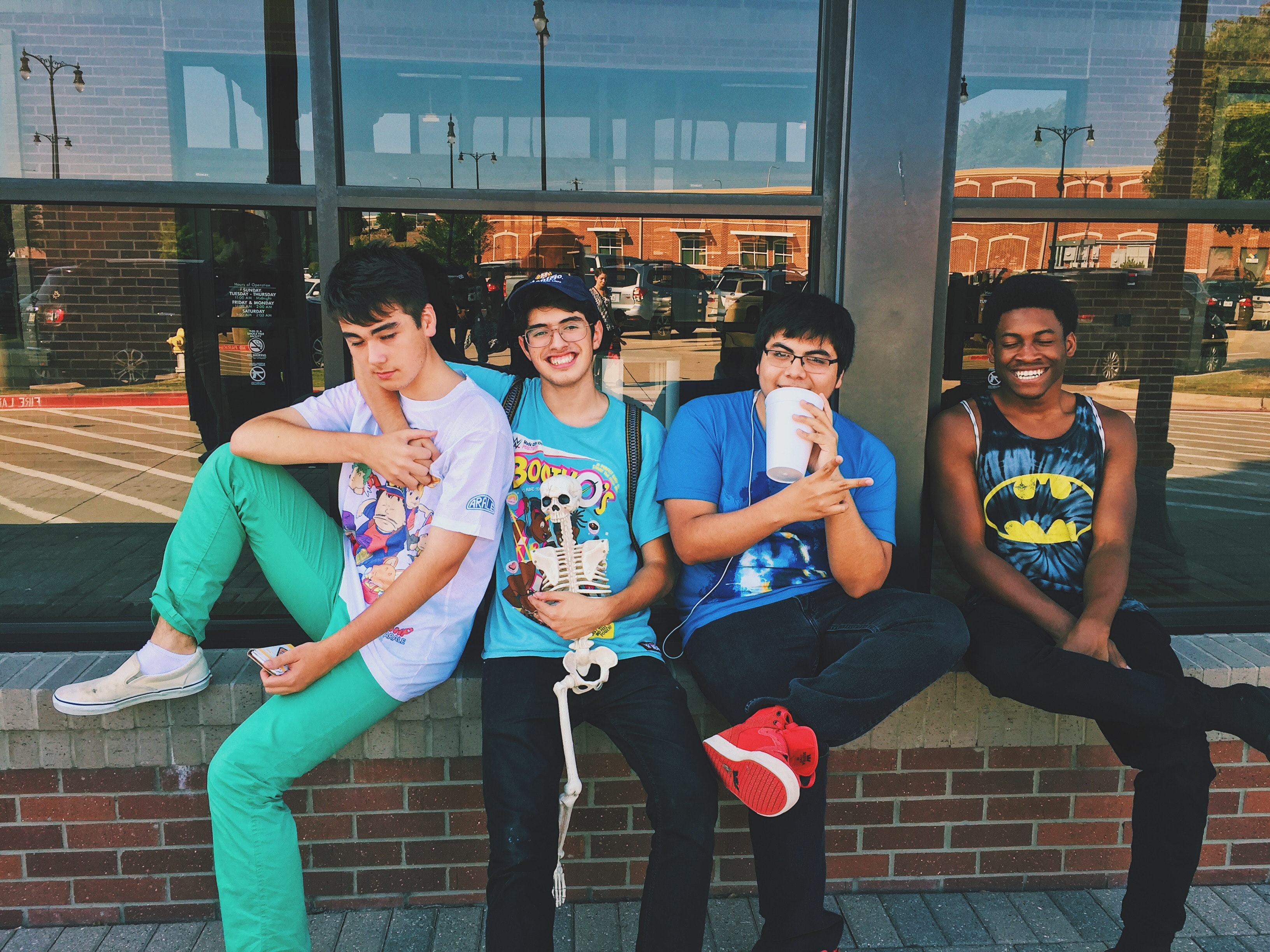 When our children are born, they are like empty vessels. For the first few years, we parents like to think that we are the ones filling them. We’re not always, though. They are constantly learning. If there’s an area we’re not covering, someone or something else is likely covering it for us.
When our children are born, they are like empty vessels. For the first few years, we parents like to think that we are the ones filling them. We’re not always, though. They are constantly learning. If there’s an area we’re not covering, someone or something else is likely covering it for us.
When we don’t talk about race, religion, class, and other social identities with our children, we risk someone else guiding the narrative instead.
An eye-opening statistic in a study released in October 2019 reveals that a majority of parents could be leaving their children’s perceptions about race, in particular, to chance.
Sesame Workshop in conjunction with NORC at the University of Chicago researched social identity matters and how they figured into our conversations with our children. Among the many fascinating results from this study, the researchers discovered that only 38% of parents regularly talk to their children about race. When that is broken down by race, though, an even more striking picture emerges. Out of all ethnic groups, black parents were the most likely to talk regularly to their children about race, with 61% reporting having these discussions often or sometimes. This number is closely followed by 56% for Asian parents and 46% for Hispanic parents. White parents rounded out the sample at 26%.
Does this mean that the majority of white children are not talking about race at all? Not necessarily. It may mean that they’re learning plenty about race; just not from discussions with their parents. And their parents’ silence on the issue could be teaching them something as well.
The Effects of Regular Conversations
I can only speculate as to the effects of not talking regularly with one’s parents about race, but having parents that discussed race openly and often from as far back as I can remember, I do know what the effects of regular conversations are. As an adult, I don’t find conversations about race scary or intimidating. I’m aware that my lived experience is not the standard by which other people will, or even should, be evaluated. I know how to spot the signs that someone else is reacting to me based on the color of my skin. Most importantly, I’m better equipped to engage my own children on these issues.
Admittedly, there is always something we can improve upon, but my hope is that we’ve laid a good foundation. Our children know they can come to us with questions such as how to deal with being the only black girl in your class, and how immigration policy actually affects our family. As they get older, these conversations will take on more complexity and address harsher realities. I am confident that any incorrect information they are receiving from their peers can be corrected through continued engagement. The only things I have no control over are the messages their white classmates are getting.
Why The Conversations Aren’t Happening
The researchers in the Identity Matters study surmised that most parents did not talk about certain social identities with their children because they may not have felt like it was necessary. After all, it was the families whose children had heard at least one negative comment about their identities (such as ethnic minorities, religious minorities, children who came from another country, and so on) that were more likely to have these conversations.
As a result, my concern is that my children’s white classmates will not understand why my children are more aware of (and sensitive to) racial issues and more prone to bring them up. With adults, this often translates into accusations of pulling the “race card” or being “divisive”. Whether these silencing tactics come from a place of fear or discomfort, or both, nothing brings a conversation to a screeching halt like having your feelings and experiences dismissed.
Making the Conversations Easier
In order for children to grow into adults who can have productive conversations about race and other social identities, they need to have well-equipped toolboxes. One of the best ways to acquire these tools is to have meaningful and authentic relationships with people from diverse backgrounds. These relationships open the door to asking deep questions without fear or discomfort and realizing that we are all invested in what happens to our fellow human beings, whether or not we share social identities.
What we can’t do is assume children will develop these tools on their own. They need our investment and guidance to become productive members of society, and to be responsible stewards of their relationships and communities.


















